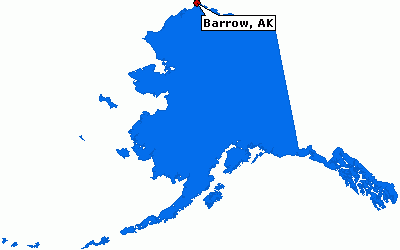Credit card bonuses are by far the easiest and quickest way to earn miles and points for travel. I’ve written about how I picked up 40,000 miles on the Frontier Airlines card. Most cards will offer a bonus on each dollar spent. But even if a card is offering 1 point for every dollar spent, you’re still looking at $40,000 in spending to receive 40,000 miles.
But signup for one card, meet a minimum spend of a couple thousand dollars or so, and success! 40,000 miles! In talking with friends, I’ve gotten a lot of pushback when I’ve told them I have cards that charge a yearly fee. Spending $75 or $95 or sometimes much more, “just to have a credit card,” is something that most people don’t understand.
I know I didn’t when I got my first credit card. And while I’ll always prefer no fee to paying a fee when all things are equal, the important question to ask is, “Are all things equal?” Does it ever make sense to pay an annual credit card fee? In many cases, I’d say the answer is, “Yes.”
A good number of cards offer to waive the fee for the first year. So in essence you’re getting a free card. But for those that don’t, or for those cards you’ve had for at least a year, does it make sense to pay a fee? “You’re losing $95 a year just for carrying a piece of plastic in your wallet.
How great can the benefits really be?” someone recently asked me. Depending on the card, the answer can be: “Substantial.” I’ll touch on one example here. Last month I applied for the Citi Hilton Honors Reserve Card. The card has a $95 yearly fee which is not waived the first year. It also does not offer any points as a bonus. So what’s the benefit then? Instead of points, hit the minim spend in four months and you earn, “Two Weekend Night Certificates.”
Hilton has about 4,000 hotels worldwide. And besides just 50 inclusive resorts that aren’t tied to this promotion, you can use your weekend certificates at any location. That’s two free weekend nights that you receive, good for almost any hotel in the world. You have one year to use them, from the time you earn them. If you’re just looking for a basic hotel in any fly-over city, then this isn’t a super perk. But for medium to high class or expensive hotels, especially those in expensive cities, this perk pays for itself many, many times over.
I did an example search for a Friday and Saturday night stay over a weekend in the month of May. I choose London, a city that’s known for being expensive. Here’s what I came up with.
$333 for the most expensive hotel? Eh that’s a lot but not terrible… Not quite. Remember, that’s in British pounds. At the conversion rate as of this writing, that’s $559 dollars. Per night. Meaning you’d spend a total of $1,118 for just two nights in a hotel. Seems like a lot more now, doesn’t it? So for a $95 fee, you’d save $1,023 off your hotel stay.
A full thousand dollars that you were worrying about saving for, completely wiped off the bill. Not bad at all. The Citi Hilton Reserve also offers free Gold member status, free breakfast, and free internet for as long as you have the card. So the savings keep adding up.
After the first year, you can also earn an additional single free night each year when you spend at least $10,000. So even at one free night, and even if you stayed at a basic $100 a night hotel, you’d come out ahead by paying the $95 fee. And finally, the benefit isn’t only the free night(s) but the card does also earn Hilton Points. Those points can be used at Hilton’s worldwide. So earn enough of them and you could add them alongside your free night certificates for a longer stay.
The point is, credit cards that charge annual fees require a bit of forward planning. I think that’s what gets most people. We’re more inclined to be in the “Now.” We have to pay $95 NOW, with the promise that we’ll get a discounted hotel room or a free flight sometime in the future. In our instant gratification culture, we don’t see that as a benefit. But using the example I listed above, Spending $95 now will save you over $1,000 on your next vacation.
We’re beaten over the head so often on reasons why we can’t see other parts of the world. It’s the number one answer people give. “I’d love to travel more, but it’s just too expensive.” But it’s false. It simply doesn’t take a tremendous amount of money to travel. In the case above, a 10 minute credit card application and $95 in cash but me in the position to save over $1,000 on a trip to London. That’s well worth an annual fee, “Just to have the card.”







